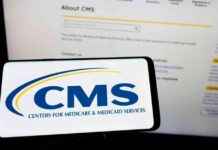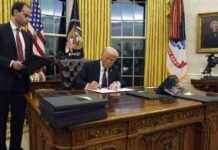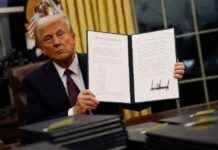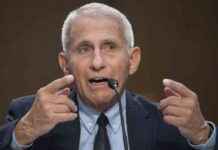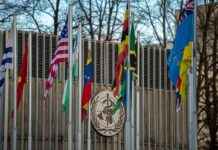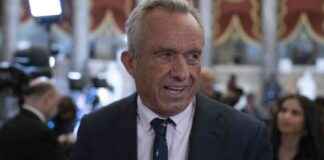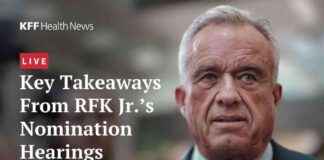In a surprising turn of events, the Trump administration’s nominee to lead the Centers for Disease Control and Prevention (CDC), Dave Weldon, faced intense scrutiny from Republican senators, leading to the withdrawal of his nomination just hours before his confirmation hearing. This decision raised questions about the administration’s handling of the Covid-19 pandemic and its impact on U.S. democracy.
The Withdrawal of Dave Weldon’s Nomination
The sudden withdrawal of Dave Weldon’s nomination as the CDC director sent shockwaves through the political landscape. Republican senators expressed concerns about Weldon’s qualifications and his stance on critical public health issues, particularly his history of supporting anti-vaccine theories. This move highlighted the contentious nature of the nomination process and the challenges faced by the administration in appointing key officials during a public health crisis.
To delve deeper into the implications of Weldon’s withdrawal, STAT’s biotech podcast, “The Readout LOUD,” invited colleague Sarah Owermohle to provide insights into the decision-making process behind the nomination and subsequent withdrawal. Owermohle shed light on the complexities of political appointments in the healthcare sector and the importance of selecting qualified candidates to lead critical agencies like the CDC.
The Impact of Covid-19 on U.S. Democracy
As the nation marked the five-year anniversary of the Covid-19 pandemic, Princeton political scientist Frances Lee co-authored a book that offered a critical analysis of the U.S. policy responses to the crisis. The book raised thought-provoking questions about the government’s preparedness, decision-making processes, and overall response to the pandemic. Lee’s research served as a “stress test” for U.S. democracy, revealing weaknesses in the system and highlighting areas for improvement in future public health emergencies.
The Unflinching Assessment of U.S. Covid Policies
Lee’s assessment of the U.S. policy responses to the Covid-19 pandemic provided a sobering reminder of the challenges faced by the government in managing public health crises. Her research underscored the need for transparency, accountability, and evidence-based decision-making in times of crisis. By examining the failures and successes of the pandemic response, Lee’s work offered valuable lessons for policymakers, healthcare professionals, and the general public.
For those interested in learning more about the withdrawal of Dave Weldon’s nomination or exploring his controversial views on vaccines, additional resources are available for further reading. Likewise, readers can access detailed information about Frances Lee’s new book and gain a deeper understanding of the impact of the Covid-19 pandemic on U.S. democracy.
As we navigate the complexities of public health crises and political appointments, it is essential to reflect on the lessons learned from past challenges and strive for a more resilient and responsive healthcare system. By engaging in meaningful discussions, conducting rigorous research, and holding leaders accountable, we can work towards a healthier, more secure future for all.
Adam Feuerstein, Allison DeAngelis, and Elaine Chen are seasoned journalists, biotech experts, and podcast hosts who bring valuable insights and perspectives to the discussion of critical healthcare issues. Their expertise, dedication, and commitment to excellence serve as a guiding light in the ever-evolving landscape of healthcare policy, research, and innovation. Together, we can build a brighter, healthier future for generations to come.


